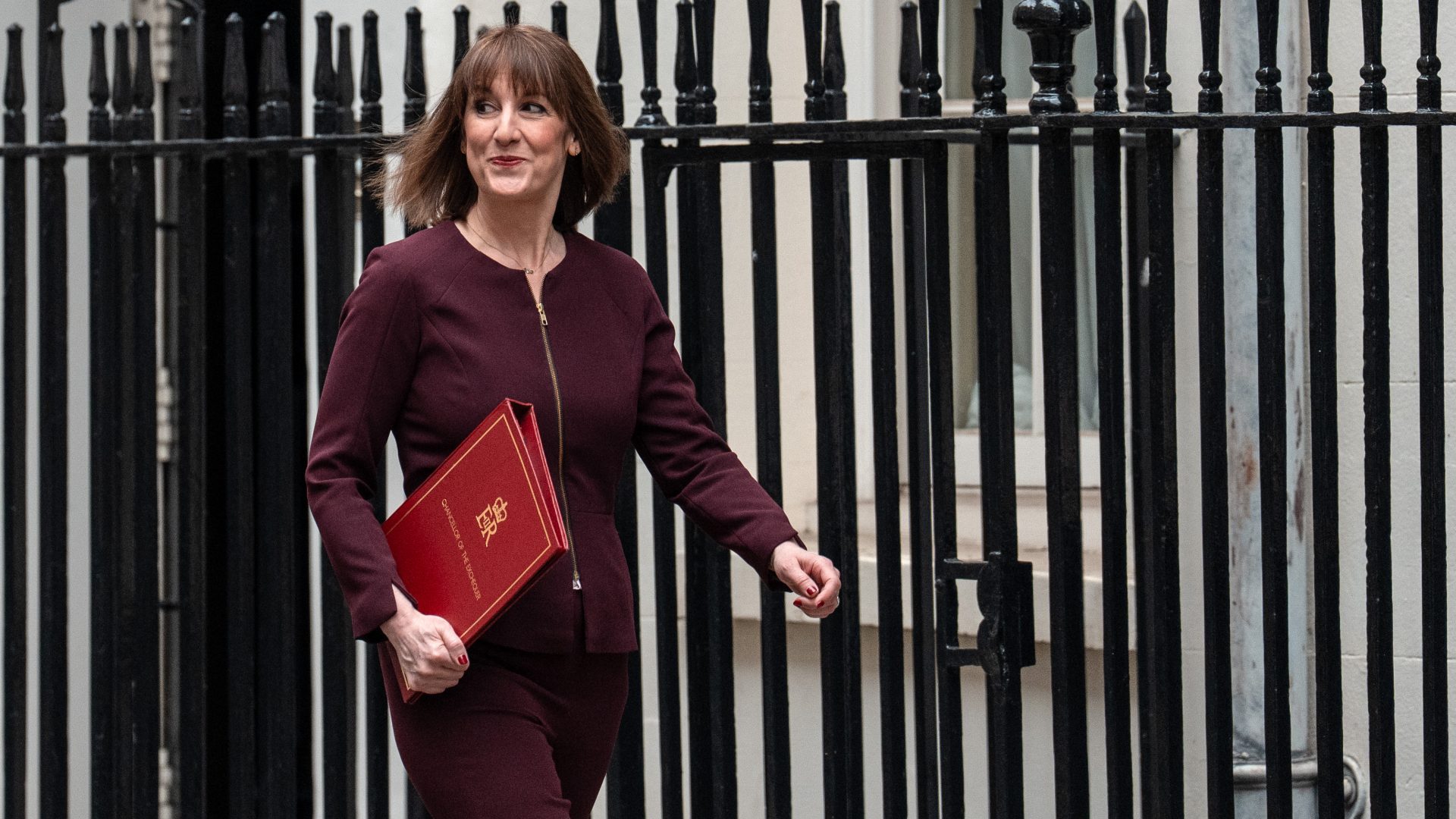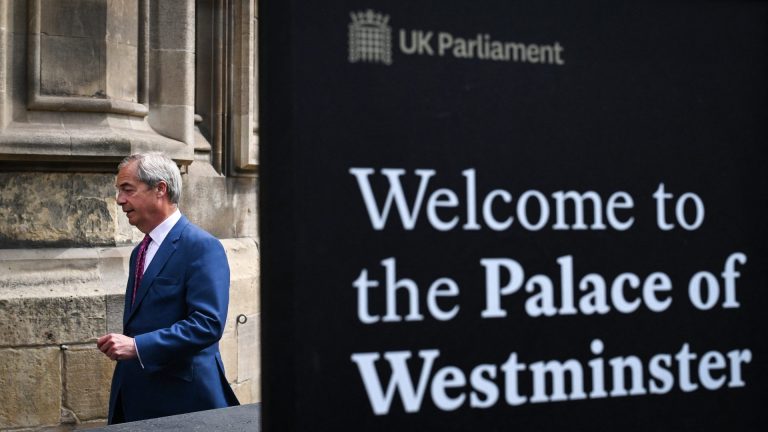Rachel Reeves’s beer could not have been any smaller had she been toasting Britain’s economy with a foaming thimble …of zero-alc mild. “This government’s [planning] policies will increase the level of real GDP by 0.6% over the next 10 years. Mr Speaker, that is the difference this Labour government is making,” she declared during Wednesday’s spring statement.
No-one can be surprised when a chancellor looks for light through the pouring rain, but 0.6% from planning isn’t really much of a difference to boast about. Certainly not when the boast comes alongside welfare cuts that will push tens of thousands of children into poverty.
A long-term number actually worthy of note was buried in the Office for Budget Responsibility’s marking of Reeves’s work, the economic and fiscal outlook for March 2025 report that accompanied her speech. The chancellor’s cherished 0.6% was in section 2.35, but there in section 2.54 lay the bombshell that has featured in OBR reports for a while now: “Weak growth in imports and exports over the medium term partly reflect the continuing impact of Brexit, which we expect to reduce the overall trade intensity of the UK economy by 15 per cent in the long term.”
Fifteen per cent of trade intensity sounds like very large beer. And with the Institute for Fiscal Studies predicting that the chancellor may have to raise taxes in autumn’s budget, you wonder when Reeves will decide to pick up the glass and try to get it down.
Like too many of his SNP predecessors, Stephen Flynn never attends the opening party for a nut without packing his sledgehammer. But after Reeves had sat down and Mel Stride had delivered a typically hopeless response, Flynn was simple and effective. “One thing she didn’t mention either is Brexit,” he said, “and the enormous impact that is having on the UK economy. If you want to grow the economy you have to align yourself with your biggest trading partners, the European Union, with single market access and a customs union.”
Confidence is fading, Trump tariffs are looming and worse could be on the way. The UK/EU summit on May 19 now needs to deliver – and not just 0.6% over the next 10 years. But however fast or slow we travel, the only road out of this goes through Europe.












